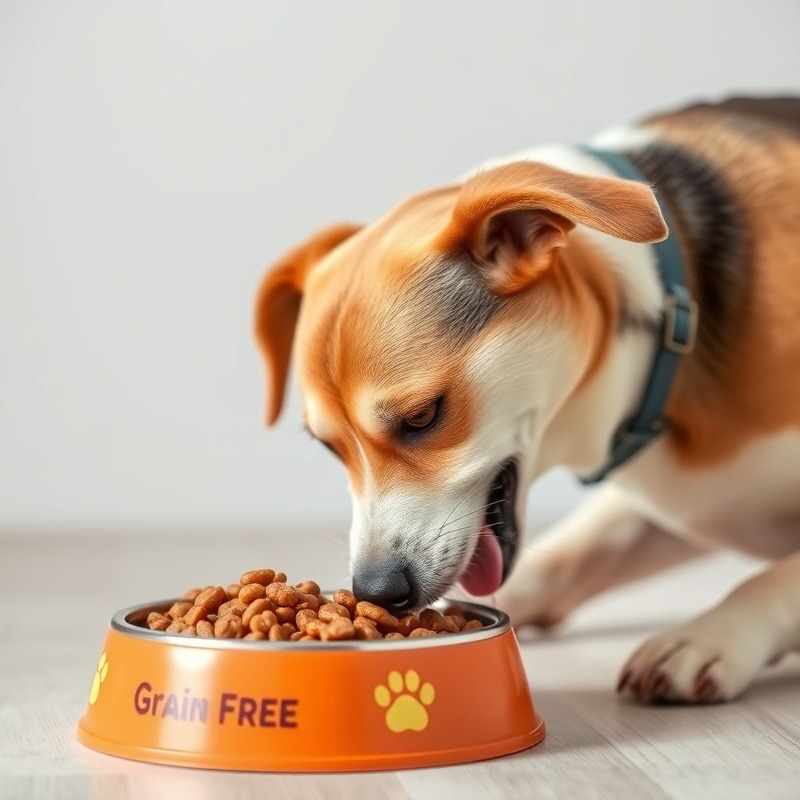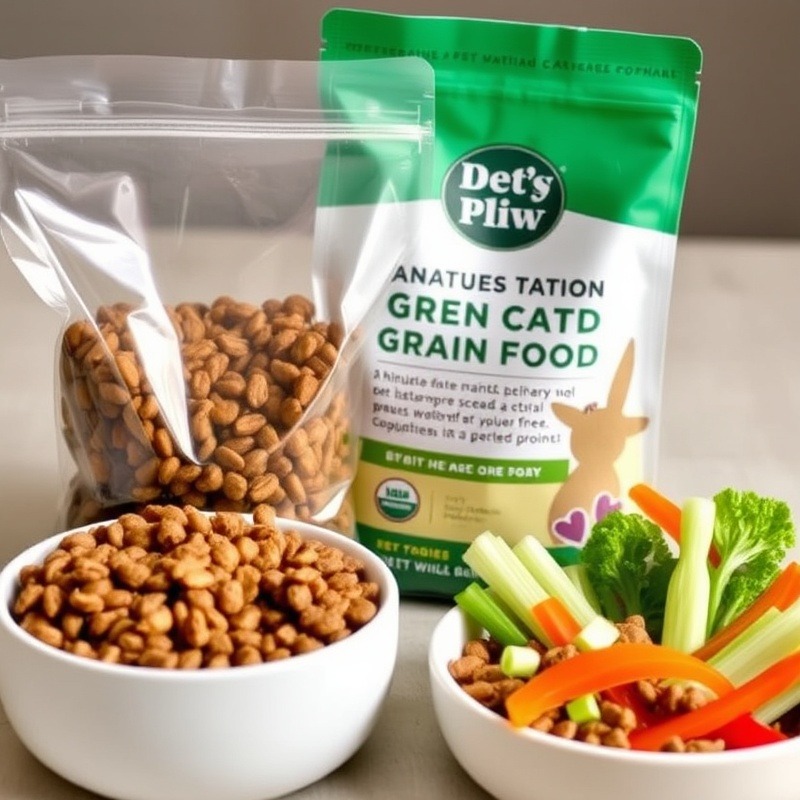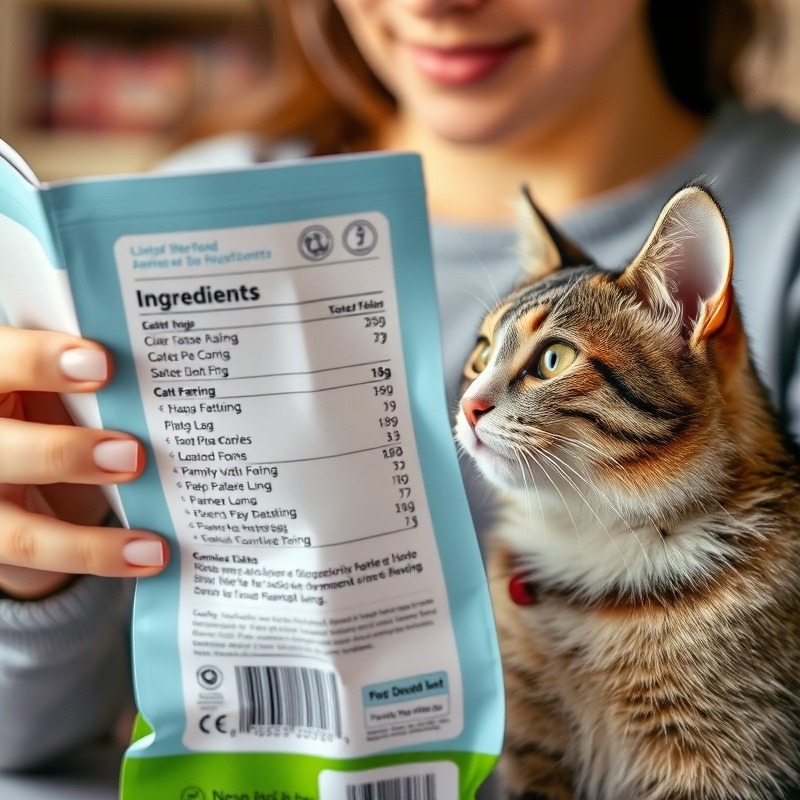Every pet is unique, and their dietary needs are as diverse as their personalities. Whether it’s a grain-free diet for a sensitive stomach or a high-protein plan for active breeds, catering to your pet’s specific nutritional requirements is essential for their health and happiness.
With an increasing awareness of pet health, the market for diet-specific pet food has expanded, offering options for pets with allergies, medical conditions, or special dietary needs. In this article, we’ll explore the importance of tailored nutrition, popular diet-specific options, and tips for choosing the right plan for your furry companion.
Why Diet-Specific Nutrition Matters
Just like humans, pets thrive on diets that cater to their unique health requirements. Feeding your pet the right food can:
Prevent health issues such as obesity, diabetes, or allergies.
Improve energy levels, coat quality, and overall well-being.
Address specific medical conditions or life stage needs, such as puppy growth or senior care.

Popular Types of Diet-Specific Pet Food
1. Grain-Free Diets
Ideal for pets with grain sensitivities or allergies, grain-free foods often use alternative carbohydrates like sweet potatoes or legumes.
Benefits: Reduced risk of digestive issues, fewer allergic reactions, and improved skin health.
Best For: Dogs and cats with sensitive stomachs or itchy skin.

Diet-Specific Delight: Tailored Nutrition for Every Pet
Every pet is unique, and their dietary needs are as diverse as their personalities. Whether it’s a grain-free diet for a sensitive stomach or a high-protein plan for active breeds, catering to your pet’s specific nutritional requirements is essential for their health and happiness.
With an increasing awareness of pet health, the market for diet-specific pet food has expanded, offering options for pets with allergies, medical conditions, or special dietary needs. In this article, we’ll explore the importance of tailored nutrition, popular diet-specific options, and tips for choosing the right plan for your furry companion.
Why Diet-Specific Nutrition Matters
Just like humans, pets thrive on diets that cater to their unique health requirements. Feeding your pet the right food can:
Prevent health issues such as obesity, diabetes, or allergies.
Improve energy levels, coat quality, and overall well-being.
Address specific medical conditions or life stage needs, such as puppy growth or senior care.
Insert Image Here
(Suggested image: A dog enjoying a healthy meal in a bowl labeled with its specific diet type, like “Grain-Free” or “Low-Fat.”)
Popular Types of Diet-Specific Pet Food
1. Grain-Free Diets
Ideal for pets with grain sensitivities or allergies, grain-free foods often use alternative carbohydrates like sweet potatoes or legumes.
Benefits: Reduced risk of digestive issues, fewer allergic reactions, and improved skin health.
Best For: Dogs and cats with sensitive stomachs or itchy skin.
2. High-Protein Diets

Active pets, working breeds, or those needing to build muscle benefit from high-protein diets rich in meat or fish.
Benefits: Boosts energy levels, promotes lean muscle development, and supports overall growth.
Best For: Athletic dogs, growing puppies, and senior pets requiring muscle support.
3. Limited Ingredient Diets (LID)
LID foods simplify ingredients to reduce potential allergens. They’re perfect for pets with food sensitivities or allergies.
Benefits: Easier digestion and minimized risk of allergic reactions.
Best For: Pets with unexplained itching, vomiting, or other signs of food allergies.

4. Weight Management Diets
Overweight pets benefit from low-calorie, high-fiber formulas that promote weight loss without compromising nutrition.
Benefits: Supports healthy weight, reduces strain on joints, and improves mobility.
Best For: Pets with obesity or those needing to maintain a healthy weight.
5. Veterinary Prescription Diets
For pets with chronic health issues like kidney disease, diabetes, or urinary problems, prescription diets offer targeted solutions.
Benefits: Tailored to specific medical needs, these diets help manage conditions effectively.
Best For: Pets with diagnosed health conditions requiring special care.
Benefits of Tailored Nutrition
Improved Digestion
Specialized diets can ease digestive issues and ensure better nutrient absorption.
Allergy Management
Switching to hypoallergenic or limited-ingredient food often alleviates symptoms like itching, hair loss, or vomiting.
Enhanced Longevity
Providing pets with the right nutrition at each life stage—from puppy to senior—ensures they live healthier, longer lives.
|
Signs Your Pet May Need a Diet-Specific Plan
|
||
|---|---|---|
|
|
||||||||||
|---|---|---|---|---|---|---|---|---|---|---|
 Add Row
Add Row  Add
Add 




Write A Comment